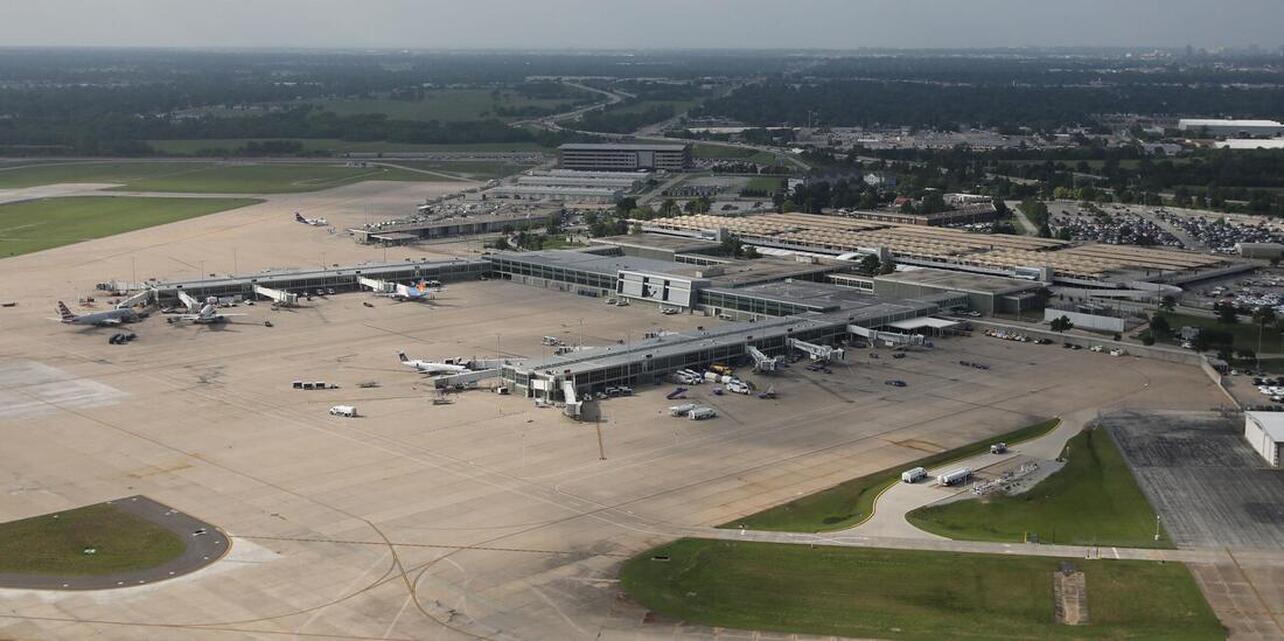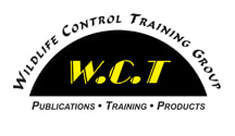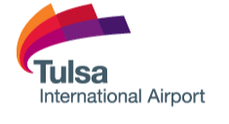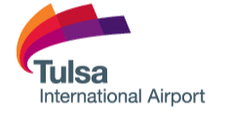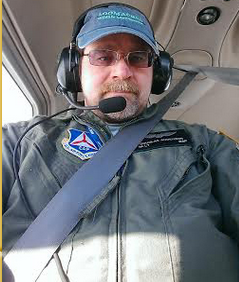Hosted by : Tulsa International Airport, Tulsa OK March 3 - 7th 2025
Date: March 3 - 7th 2025
Time: 8am - 6pm
Cost: $1645.00 prior to Feb 20th after Feb 20th, 2025 $1795.00
Register online: CLICK HERE
About the Training
Our three-day course, March 3 - 7th 2025 , will focus on advanced wildlife management techniques for airports. Seminars will be conducted on many wildlife management topics that will be followed by extended Q and A periods. Classroom sessions will be augmented with extensive "hands-on" training. Students will all get a chance to actually practice the techniques we will be teaching. In addition to hands-on training, the multi-day design of this course also allows us to cover all aspects of wildlife hazards at airports. This course will be taught by experienced airport biologists with diverse backgrounds.
This course is approved by the FAA to fulfill the training requirements for an airport wildlife biologist conducting wildlife hazard assessments under Title 14, Code of Federal Regulations, Part 139 and FAA Advisory Circular 150/5200-36A. Training of this type is required for biologists who wish to write airport wildlife assessments or conduct airport wildlife training sessions.
Who Should Attend? This course is approved by the FAA to fulfill the training requirements for an airport wildlife biologist conducting wildlife hazard assessments under Title 14, Code of Federal Regulations, Part 139 and FAA Advisory Circular 150/5200-36A. Training of this type is required for biologists who wish to write airport wildlife assessments or conduct airport wildlife training sessions. The course also meets the requirements for qualified biologists that need to renew their FAA qualifications.
Our course is designed to improve your skills in wildlife management and make your airport a safer place! This training is ideal for any airport operator who is implementing a wildlife management program, is involved with wildlife management, or would like to make a management program more effective.
CLICK HERE TO REGISTER ONLINE
Date: March 3 - 7th 2025
Time: 8am - 6pm
Cost: $1645.00 prior to Feb 20th after Feb 20th, 2025 $1795.00
Register online: CLICK HERE
About the Training
Our three-day course, March 3 - 7th 2025 , will focus on advanced wildlife management techniques for airports. Seminars will be conducted on many wildlife management topics that will be followed by extended Q and A periods. Classroom sessions will be augmented with extensive "hands-on" training. Students will all get a chance to actually practice the techniques we will be teaching. In addition to hands-on training, the multi-day design of this course also allows us to cover all aspects of wildlife hazards at airports. This course will be taught by experienced airport biologists with diverse backgrounds.
This course is approved by the FAA to fulfill the training requirements for an airport wildlife biologist conducting wildlife hazard assessments under Title 14, Code of Federal Regulations, Part 139 and FAA Advisory Circular 150/5200-36A. Training of this type is required for biologists who wish to write airport wildlife assessments or conduct airport wildlife training sessions.
Who Should Attend? This course is approved by the FAA to fulfill the training requirements for an airport wildlife biologist conducting wildlife hazard assessments under Title 14, Code of Federal Regulations, Part 139 and FAA Advisory Circular 150/5200-36A. Training of this type is required for biologists who wish to write airport wildlife assessments or conduct airport wildlife training sessions. The course also meets the requirements for qualified biologists that need to renew their FAA qualifications.
Our course is designed to improve your skills in wildlife management and make your airport a safer place! This training is ideal for any airport operator who is implementing a wildlife management program, is involved with wildlife management, or would like to make a management program more effective.
CLICK HERE TO REGISTER ONLINE
|
Some highlights of the course include: Wildlife Hazard Management A History of Airport Wildlife Hazards Conducting/Writing Wildlife Hazard Assessments and Plans Aircraft Familiarization Operating in an Airport Environment Habitat Management Laws, Regulations, and Policies Working with Federal Agencies Wildlife Identification and Biology Strike Reporting/Data Collection Mammal Trapping and other Wildlife Control Strategies Pyrotechnic and Firearm Training by a Certified NRA Instructor. |
|
Location & Hotel Accommodations 7728 E. Virgin Court, Tulsa, Oklahoma, 74115 USA TEL: 918-838-1444 FAX: 918-834-6910 Hotel: Hilton Garden Inn Tulsa Airport Click Here for Rates (Coming soon) Hotel: Hilton Garden Inn Tulsa Airport Group Name: Please call the hotel directly to reserve a room and give the our name; Loomacres Wildlife Management as the group code. The rooms will be 99.00 / night and include a free breakfast. Hotel link coming soon - for booking online. Arrival Date: March 3th, 2025 Departure Date: March 7th, 2025 |
Host Airport http://www.tulsaairports.com/ 7777 East Apache Tulsa, Oklahoma 74115 The hotel is within easy walking distance to the airport. |
Meet the Advance Wildlife Course Instructors
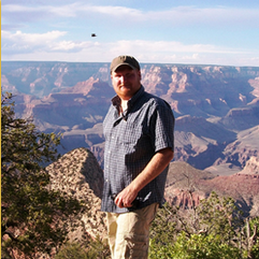
Cody Baciuska: Cody was the first private sector biologist qualified by the FAA to perform wildlife hazard management services to airports. Cody has conducted Wildlife Hazard Assessments, developed Wildlife Hazard Management Plans, and has conducted numerous airport related research studies. Cody has provided wildlife hazard mitigation for some of the largest airports in the United States; including John F. Kennedy International Airport, Nashville International Airport and LaGuardia International Airport. In addition to being a FAA qualified Airport Wildlife Biologist, Cody is a member of the National Wildlife Control Operators Association, the Wildlife Society and is the current president of the NYS Wildlife Management Association. In addition, Cody is a certified National Rifle Association firearms instructor. Cody's interests include gardening, bird watching,cooking, shooting, hunting and camping.
|
Doug Anderson: Doug has a diverse military and civilian aviation background including FBO line service, ARFF, Aviation Meteorology and Airport Operations. Doug holds a Bachelor of Science Degree in Meteorology and a Master’s of Science in Business Organizational Management. He has provided expertise in the development and revision of Airport Certification Manuals, Security, Emergency, Diversion/Pandemic and Wildlife Management Hazard Plans. Doug is very familiar with the unique airport security and driving environment while conducting airport safety self-inspections, wildlife hazard mitigation and emergency response. He enjoys sharing experiences as an airport movement and non-movement driving course instructor and is always on the lookout for the experiences of others to enhance awareness of airport safety. Doug holds American Association of Airport Executive Certified Member (CM) and Airport Certified Employee (ACE) credentials. He is passionate about airport safety and is ecstatic to be part of the Loomacres team. Doug has field experience assisting Alaska Bird Observatory Biologists conducting mist net bird migration studies and banding operations. He enjoys spending time with family, spoiling his first grandchild, bird watching, gardening and amateur radio.
|
|
Dale Stockton: Dale has been trapping since the age of 9 when he caught his first muskrat. Through the years Dale has also specialized in trapping mink and coyote. Dale has been a NYS certified trapper training instructor for over 20 years, and is a 1998 graduate of The Trappers College affiliated with FurTakers and Purdue University. Dale is the current president of Wildlife Consulting Services and is involved with nuisance wildlife removal . Dale has experience trapping for private property owners and all levels of government.
|
|
Josh Hite:
|
